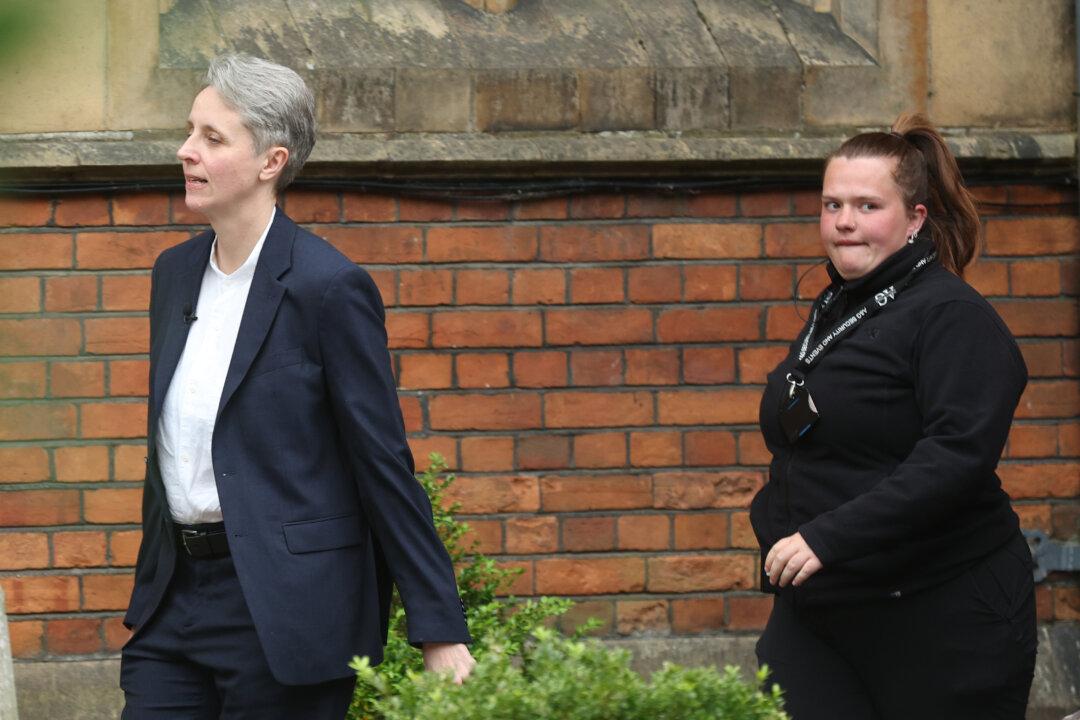A founding member of Britain’s first council to combat cancel culture within universities says social media is having a dangerous impact on academic freedom.
Professor Ian Pace said social media has created realms where ideological views are not being challenged, exasperating the “cancelling process.”





